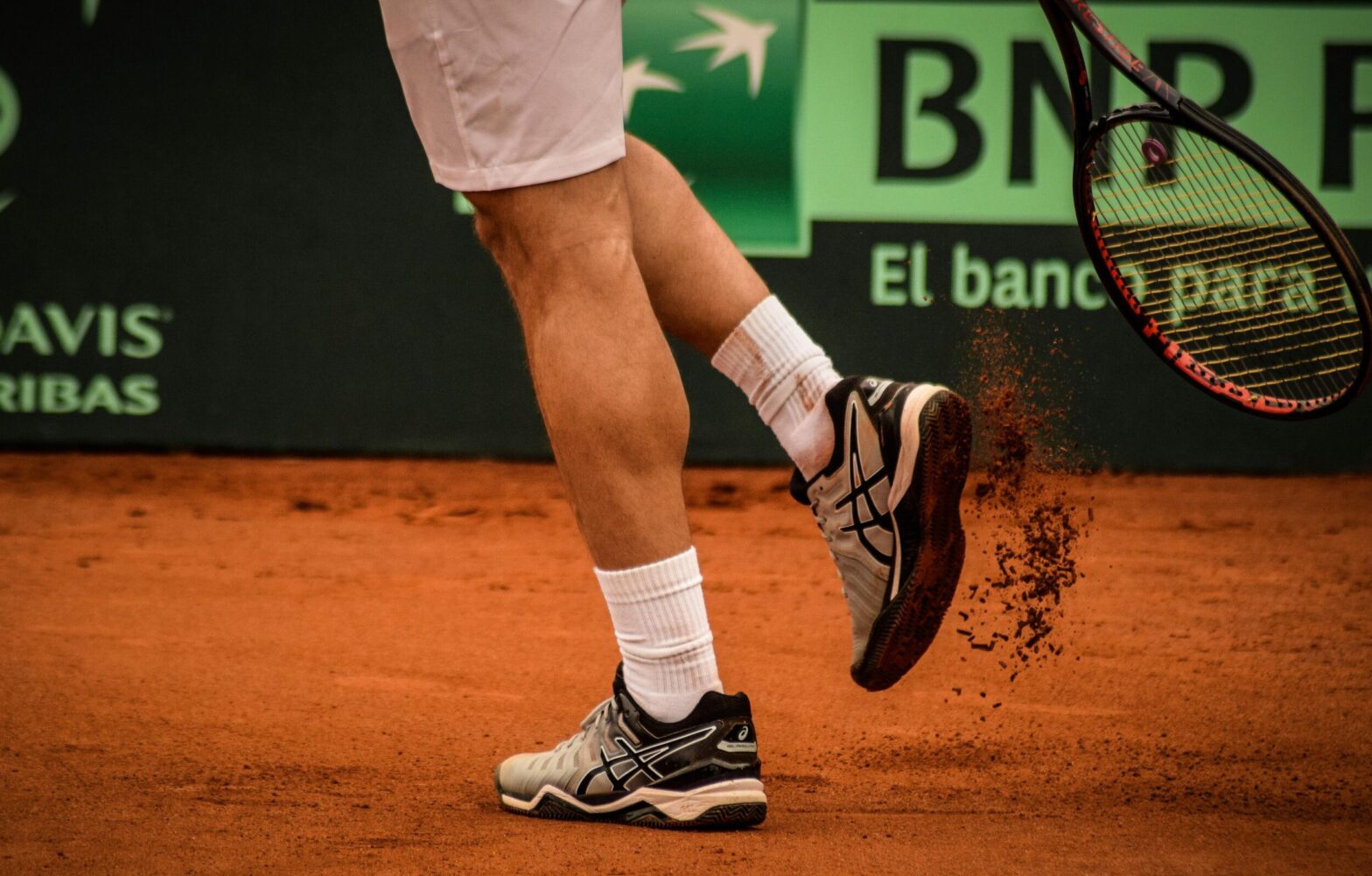Are you tennis fans heading to Paris for Roland-Garros this summer? If so, the chances are that a lot of what you need is already already booked. Probably you have tournament tickets, and flights and accommodation are sorted too. And if you’ve booked ahead with a hospitality package as well, then you’re probably well set. But unless you’re a frequent visitor to Paris, there may be other details missing. You may not have thought much about the everyday expenses that go with any trip. Like getting around on the Metro,for example, or taxis, tips, and food and drink beyond the pre-booked luxuries.
Alongside the tennis, it’s worth knowing what everyday life will cost – and how best to pay for it. Having a sense of local prices can help you avoid surprises and stay within budget.
What does it cost to stay in Paris during Roland-Garros?
Accommodation prices in Paris fluctuate throughout the year. And major events like Roland Garros (25th May – 8th June 2025) push prices up across the board. According to Budget Your Trip, the average price for a 3-star hotel room in Paris is around €100 per night, with 4-star options averaging €137. Budget travellers might find more modest rates – around €53 – but to be paying that you will have booked well in advance.
Stade Roland-Garros is in Paris’ 16th arrondissement. That’s is pretty central. It’s on the southern edge of the Bois de Boulogne, and within sight of the Eiffel Tower. The easy-to-reach district is popular with visitors to Paris, and the French Open makes it even more so. In short, average hotel prices may not mean much if you want to stay close to the stadium, but good public transport means you can stay further afield and still access the Open without difficulty.
Getting around the city
Public transport in Paris is efficient and affordable. A single metro or RER ticket costs €2.50, and bus or tram journeys cost €2.00. For those using taxis, the base fare is typically €8.00, covering the first 4.3km, with daytime rates at €1.27 per kilometre.
Tipping in Paris is a courtesy but isn’t always expected. A 15% service charge is usually included in restaurant bills, though rounding up or leaving small change is a polite gesture. In taxis, rounding to the nearest euro is customary.
Eating and drinking at Roland-Garros
Like most big venues, food and beverages at Roland-Garros come at a premium. Within the stadium grounds, there’s a good selection of food and drink, and prices reflect the event’s prestige and central Paris location. A cappuccino from the Lavazza stand, for example, can cost from €5.90 to €7.50. The stadium also has a range of hospitality packages starting at €340 per person
There’s a substantial food court, and the nearby streets and alleyways are well stocked with grocery stores, bars and eateries. It’s naturally more expensive inside the stadium so expect to pay €9.00 to €11.00 for 500ml glass of beer; outside the stadium you’ll be looking at something closer to the Paris average of about €7.00 for local beers (500ml) and the same €7.00 for imported 300ml bottled beers.
Local flavours beyond the stadium
Part of the fun of Paris is, of course, the food, and if you don’t want to overspend, local bars and restaurants, plus street food further away from the venue offer better value. Crêpes or falafel wraps are usually available for under €5, and a casual café meal (say, a burger and chips) might cost around €12. Coffee prices vary depending on where you go. You could pay around €2.75 in a traditional café away from the popular areas, rising to €7.00 – €8.00 in trendier neighbourhoods or tourist hotspots.
Ticket prices and availability
At the time of writing, most tickets for Roland Garros 2025 are sold out, but prices offer a useful benchmark for planning future visits. Qualifying round tickets for 22nd May were available from £39 / €47, while prices for 3rd round Ladies’ & Gentlemen’s Singles tickets for 31st May started at £339 / €404.
Cash, cards – or both?
Paris is generally card-friendly, especially in restaurants, hotels, and transport hubs. However, smaller cafés, market stalls, and even some ticket kiosks prefer, or only accept, cash. This is particularly relevant outside the stadium, where pop-up vendors and food carts may not always support contactless payments.
For UK visitors, having some euros in your wallet is still extremely useful – both for flexibility and to avoid foreign card fees or poor exchange rates at ATMs.
A practical way to carry euros
While many travellers wait to change their money at the airport, this can be expensive. Better rates are often available by planning ahead and using local bureaux de change before departure. Services like Money4Travel provide a convenient solution. Competitive exchange rates, local pickup options, and the ability to order online in advance are key benefits. Plus, there’s collection from a nearby bureau or currency exchanger.
Combining cards for big-ticket items and euros for day-to-day spending remains the most practical approach — especially when visiting a city like where there’s a real choice as to how you spend your money.
By Declan Morton, writer and editor at Money4Travel – the online service for foreign currency sales in the UK. More about the author.
For Reference: Budget Your Trip ; Service-Public.fra ; Taxi Calculator Paris ; Travel Triangle; World in Paris ; Numbeo : Ticombo ;
Prices quoted accurate on publication, but may change over time.



